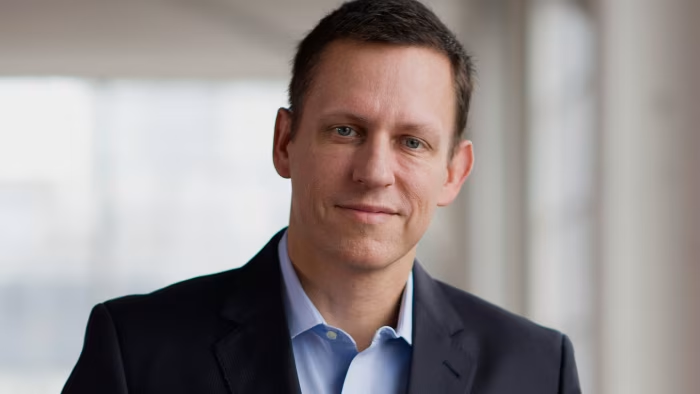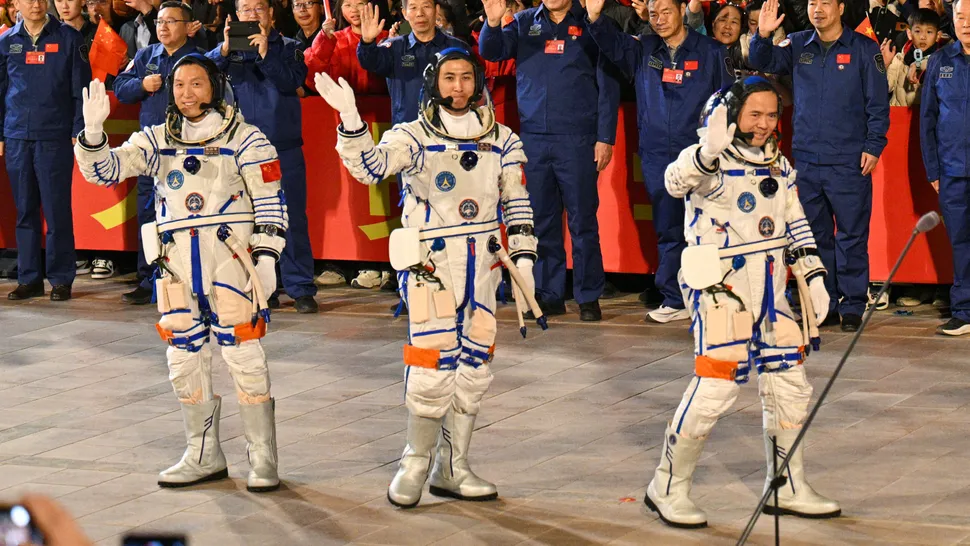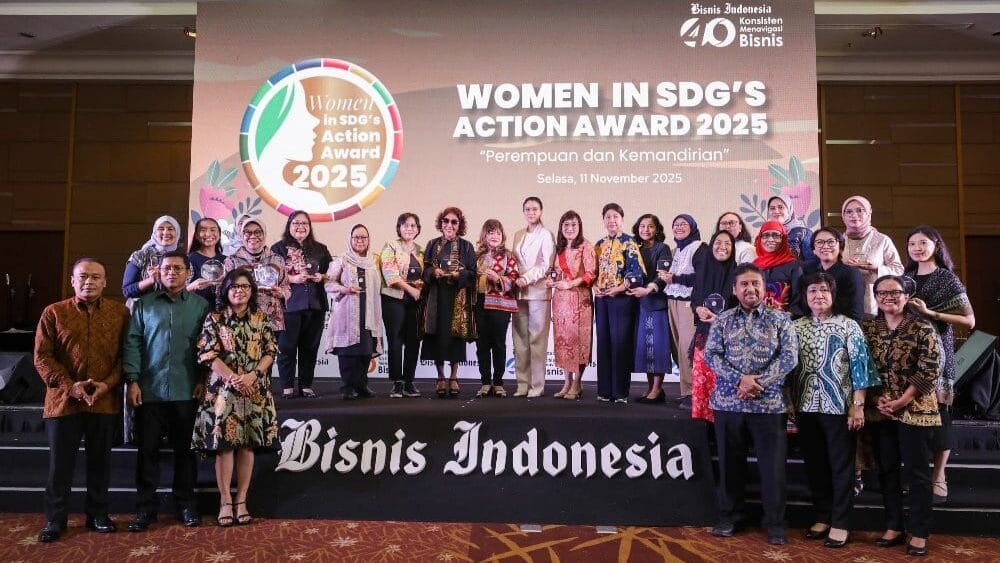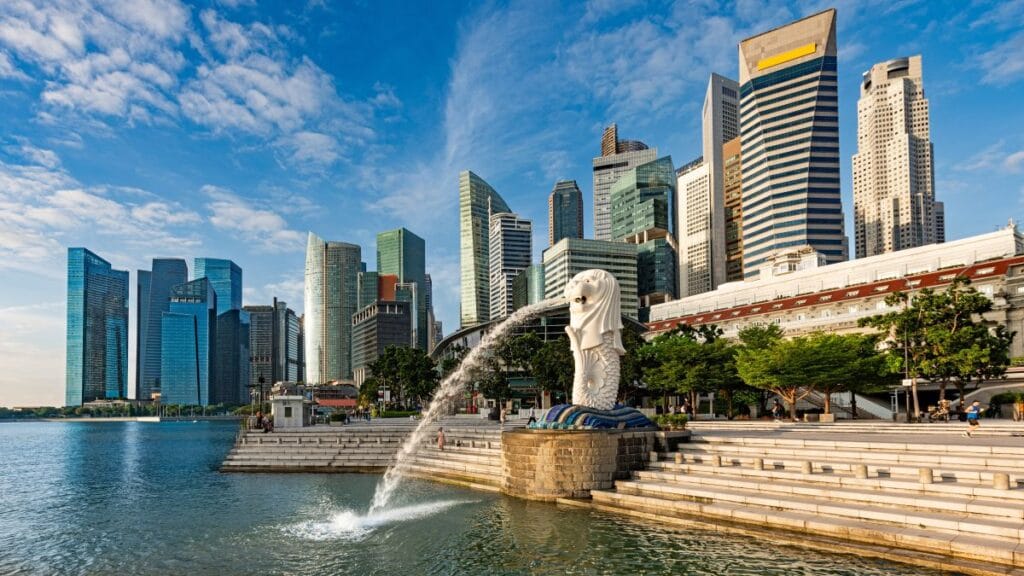Singapore, Asia — A recent revelation from PayPal co-founder Peter Thiel has reignited debate over the role of billionaire wealth in shaping global power. In a lecture series, Thiel recounted his advice to Elon Musk, urging him not to join the Giving Pledge—a philanthropic initiative led by Bill Gates and Warren Buffett—arguing that Musk’s fortune could serve as a bulwark against potential global threats.
Thiel reportedly warned Musk that donating his wealth might inadvertently strengthen rivals, particularly Gates, whose initiatives in global health and equality have amassed significant influence. “It would be much worse to give it to Bill Gates,” Thiel told Musk, suggesting that concentrated fortunes could act as a check against what he described as the rise of a possible global “Antichrist” figure.
Musk, whose net worth is estimated at nearly $486 billion, signed the Giving Pledge in 2012. Yet Thiel’s counsel reflects a broader concern: that great fortunes, if dispersed through philanthropy, may accelerate the consolidation of global power under select agendas. Instead, he argued, such wealth should remain intact to counterbalance state or institutional dominance.
The remarks highlight a deeper tension between philanthropy and geopolitics. While initiatives like the Giving Pledge emphasize redistribution for social good, critics like Thiel view them as mechanisms that can inadvertently centralize influence in ways that reshape global governance.
Observers note that this debate is particularly relevant in Asia, where rising economic powers are recalibrating their relationships with global institutions. The question of whether billionaire wealth should be directed toward public causes or retained as strategic leverage resonates in a region navigating both rapid growth and geopolitical rivalry.
Thiel’s comments also underscore the intersection of technology, finance, and ideology. As Musk continues to expand ventures in space exploration, AI, and energy, the fate of his fortune carries implications not only for innovation but also for the balance of power in an increasingly multipolar world.
Ultimately, the exchange between Thiel and Musk is less about personal wealth management than about the strategic role of capital in global politics. In an era defined by uncertainty—from climate change to AI disruption—the choices of a few individuals with vast resources may influence the trajectory of nations and regions.









